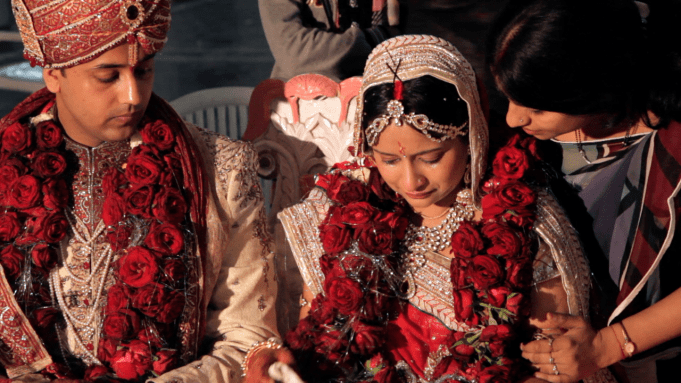Rounding off FLIX Presents’ month-long celebration of women in documentary film comes A Suitable Girl, screened at Belgrave Music Hall last week. An intimate portrait of the impact of marriage on three young women in India, filmmakers Sarita Khurana and Smriti Mundhra unveil the bleak reality that awaits Indian brides: a life of mundanity, household chores, and self-sacrifice.
The film follows three very different women, all of whom are either well into – or well past –‘marriageable age’. First is Dipti, a primary school teacher from the outskirts of Mumbai. Despite her sweet nature, none of her suitors can get past the fact that she is overweight – a fact that is
crushingly brought up time and time again. In a society where marriage is the utmost accomplishment a woman can hope for, Dipti’s string of rejections leave her depressed, despondent, and questioning her self-worth – that is, until the right man comes along to take her away.
Meanwhile, party animal Amrita is facing the challenges that come with having to constrain oneself within a marriage. Having married her childhood sweetheart Keshav, she must contend with the disappointment of not being able to work, instead relegated to a lifetime of servitude in the kitchen. One of the film’s most poignant moments comes at the end, when Amrita asserts her right to an identity beyond marriage, maintaining that she deserves to be known as more than just ‘Keshav’s wife’.
Later in the film we meet Ritu, a driven young professional working for Ernst and Young. Though her ambition to advance in her career is what motivates and fulfils her, she wrestles with the societal expectations that stipulate that she must get married. These pressures, largely fuelled by her
matchmaker mother Sima (a nice surprise for fans of Indian Matchmaking!) result in her agreeing to marry a man who rather brazenly admits in front of Ritu that he doesn’t want to get married at all, but will do so just to please his parents.
Each of these stories is intricate, layered, and complex. What draws them together is the weight that societal pressure to get married carries, with each woman bearing it in her own way. Although men are also under similar pressure, the load is much lighter – they have a lot less to lose. By the film’s culmination we see that for Indian women, marriage is about loss. Even before the marital process begins, women are taught to shrink themselves down, to fit into the narrow confines of what is considered a ‘good’ wife. The film’s many wedding scenes, instead of bursting with joy and elation, are scored with melancholy piano music, as the camera closes in on the tearful faces of the bride and her parents. Faced with the prospect of saying goodbye to her family, her home, and her life, the bride must prepare for a life of sacrifice and subservience, losing her sense of self in the process.
Featured image via variety.com

